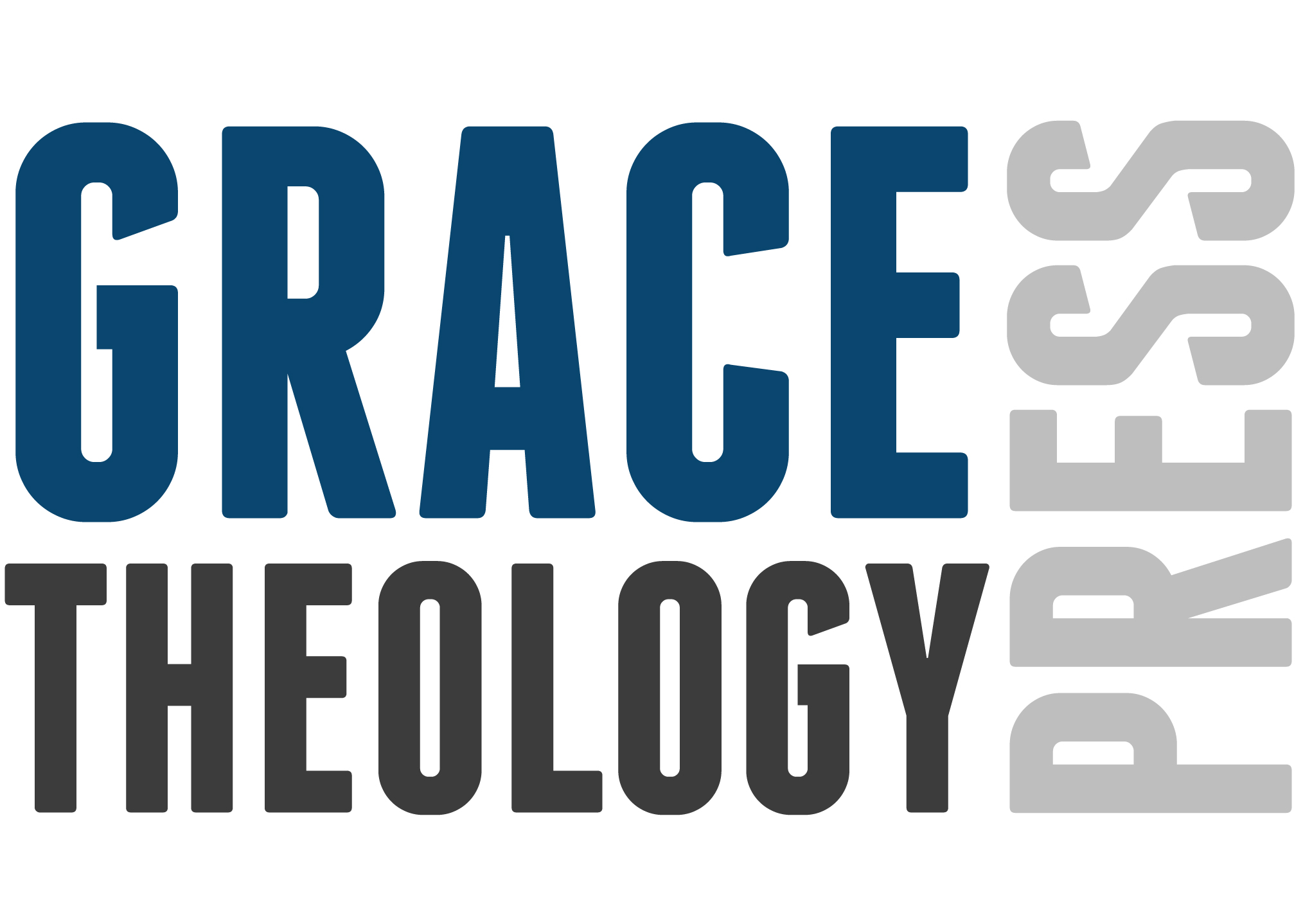We begin a new year which marks the end of the 500-year celebration of the Reformation. This past year has seen many good and helpful reminders of what the Reformation under Luther, Calvin and Zwingli accomplished. We must never forget that before the great reformation there were other godly men who gave their lives for the Gospel which launched Luther and Calvin and the reformation. Men like John Huss and John Wycliffe provided the pre-reformation kindling that later ignited into a raging theological fire over Europe and ultimately reached the shores of what was to become American Puritanism.
However, many of us in the Free Grace movement realize that not everything of the Reformation was accurate or complete. There have been many excellent works evaluating the Soteriology of the Reformation and of the Calvinism that emerged in that day and is still so prominent today around the world.
Many of you have read some of these works and found them to be helpful. Some of the works are highly academic like Calvin and English Calvinism to 1649 by RT Kendall, Calvin and Scottish Theology; The Doctrine of Assurance by M Charles Bell and No Condemnation: A New Doctrine of Assurance by Michael Eaton. Other works have provided a more accessible style like The Five Points of Calvinism; Weighed and Found Wanting and the Dark Side of Calvinism; the Calvinist Cast System, both by George Bryson. Beyond Calvinism and Arminianism by C. Gordon Olson, Calvinism a Road to Nowhere by John Mason, A Cultish Side of Calvinism by Micha Coate, Debating Calvinism by Dave Hunt and James White, Against Calvinism by Roger Olsen, Confronting Calvinism by Anthony Badger. And of course, the magisterial work of Laurence Vance, The Otherside of Calvinism (775 pages!). These resources are very helpful at both the exegetical and theological level as well as the historical aspects of Calvinism.
Let me add a newcomer to the list. Is Calvinism Biblical? Let the Scriptures Decide by Dr. Robert N. Wilkin. This is a short and precise evaluation of the Five Points of Calvinism. Each point is defined and defended utilizing two passages of scripture, followed by a brief analysis of the deficiencies of the Calvinistic system and its use of scripture from a Free Grace perspective. The book is very short by design, 175 pages including a scripture and subject index. This is a helpful work to give to believers in both camps and provides a clear understanding of the issues. It is not intended to be the definitive deconstruction of Calvinism, but it is a helpful tool to introduce people to the theological and biblical issues that are involved.
Remember: Readers are leaders and leaders are readers.
Happy reading!
Fred Chay, PhD
Managing Editor, Grace Theology Press














